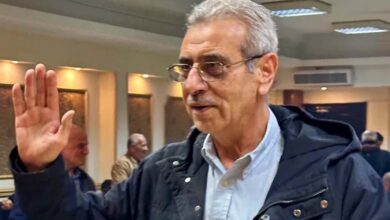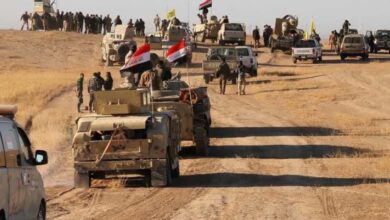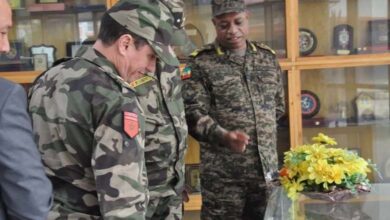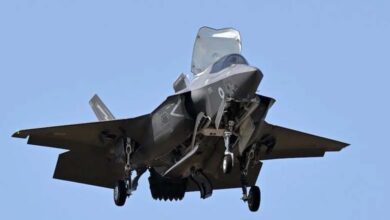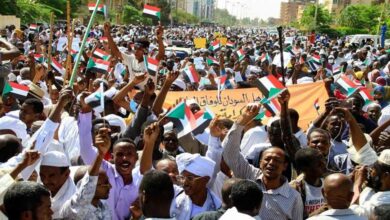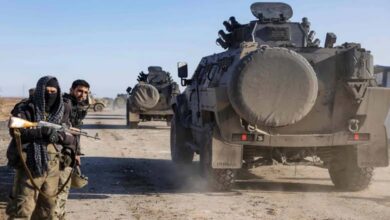Yemen: Houthi militia exploits truce to recruit and arm children
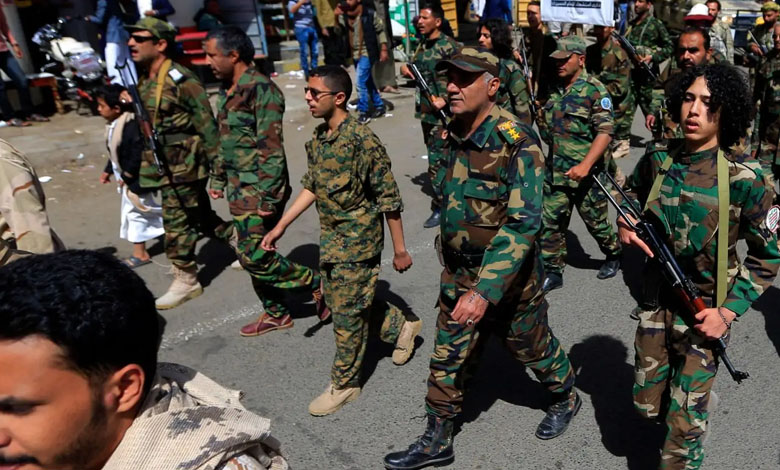
After international attempts and efforts, the warring parties in Yemen agreed to extend the ceasefire for another two months, amid popular hopes that the truce would bring some relief to a country exhausted by war and famine, but observers say the Houthis are using peace to regroup, recruit many young men and children, support ranks and increase military power.
Worst humanitarian disaster
A lengthy investigation published by the British newspaper, The Guardian, revealed the extent to which the Houthi group used the truce to regroup and strengthen its armed militias with new recruits, most of whom are children and boys. It confirmed that the cessation of hostilities, which was sponsored by the United Nations, and the extension agreed this week, is the longest period of rest Yemen has witnessed in the seven-year conflict, which made Yemen the poorest country in the region and currently exposes its people to the worst humanitarian disasters ever.
According to the newspaper, more than 24 million people, nearly 80% of the country’s population, need humanitarian assistance, including 13 million children. The United Nations Children’s Fund (UNICEF) has claimed that the war has pushed the number of women who die in childbirth to an average of 12 per day, and that six newborns die every two hours in the country’s devastated health system.
Immense pressures
Ali al-Jafari, a Yemeni aid worker, said: “We are fighting a war on several fronts, and we are under tremendous pressure, as the UN predicts famine this year, and ordinary Yemenis choose between vital living costs such as rent or food”, he said. “When we donate to bakeries, the price of bread drops, so these donations are crucial in the face of inflation and currency collapse problems, especially as the state is now looking for alternative sources of grain”.
Suheir Saeed Omar, a family medicine specialist at al-Mehwar Clinic in Al Mukalla, one of several hospitals built or renovated by the UAE Red Crescent, said: “Yemen cannot manage without international support. Without outside assistance this clinic will not be able to do the important work it does, we simply cannot survive without it, we are lucky to have this support, but many other Yemenis are not”.
Child recruitment
According to the newspaper, more than 3 million people have been displaced from their homes since 2015 ; The war has also driven a generation of children into violent lives. “Bassem” became the real provider for my family after my father was killed in an ambush set up by militias on the roadside in Shahar, Hadramaut province. It was very difficult days. No one told me what to do, so I had to work on resolving things. As my father left our debts, things worsened, and the debt collectors kept coming just days after my father’s death. There were no words to explain how scared I was”. He added, “We did not feel safe without the help of the UAE army to liberate the area, because before it we could not even leave our house, we were dying of starvation”.
In Hodeidah governorate, where Houthis control 24 out of 26 towns, 19,500 children are registered in its summer camp, of whom 3,000 never left, and violations are widespread. More than 60 cases of rape have been reported since the Hodeidah camps began in April, while at least 10 children have died, either during training or in accidents with weapons.
The UN Children’s Fund (UNICEF) said: “More than 10,200 children have been killed or maimed in the conflict, thousands more have been recruited in the fighting, an estimated 2 million are displaced and 2 million are out of school, making them more vulnerable”.



